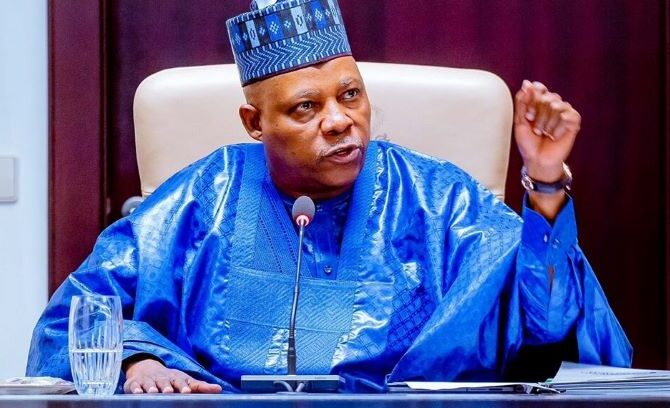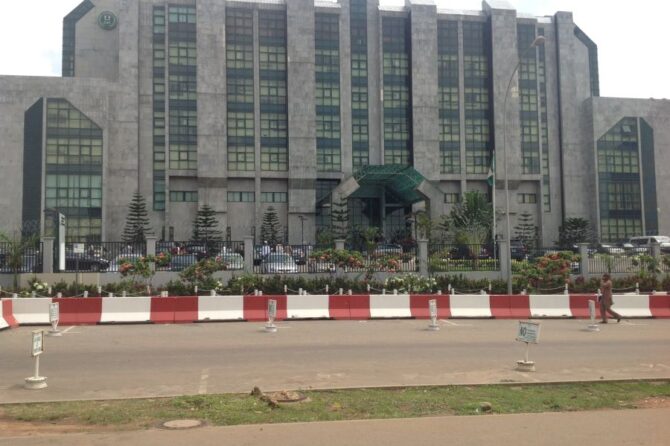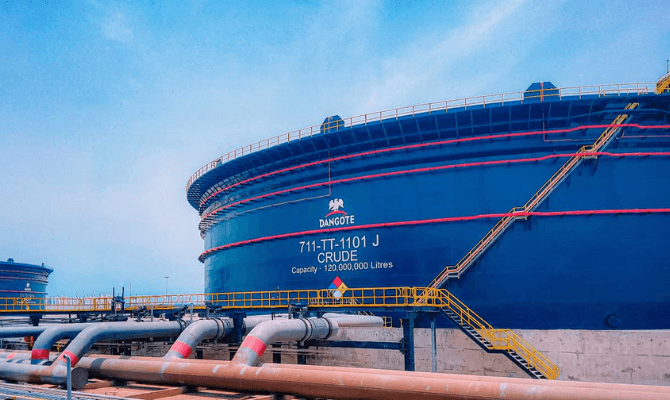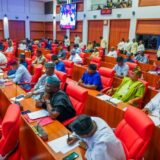FG Sets Ambitious 2.5 Million Barrels Per Day Oil Production Target for NNPC Ltd
Abuja, May 8, 2025 – The Federal Government has raised Nigeria’s oil production target to 2.5 million barrels per day (bpd) for the Nigerian National Petroleum Company Limited (NNPCL), signaling a renewed commitment to boosting crude output by the end of 2025. This new goal surpasses the initial target of 2 million bpd set by President Bola Tinubu.
Government Directs NNPCL to Accelerate Production Growth
The Minister of State for Petroleum Resources, Heineken Lokpobiri, disclosed the revised target during an interview at the Africa Energy Forum in Houston, Texas. He emphasized that the government has instructed NNPCL’s management to increase oil production beyond current levels within the year.
“When the new NNPCL management visited me, I raised their production target from the President’s initial goal of two million bpd to 2.5 million bpd,” Lokpobiri said.
The minister expressed confidence that the target is achievable, citing Nigeria’s previous ability to reach 2.5 million bpd during the COVID-19 pandemic despite limited investment.
Addressing Bottlenecks and Enhancing Upstream Activities
Lokpobiri highlighted ongoing government efforts to remove obstacles that have historically hindered oil production, including pipeline vandalism and oil theft. He noted that recent reforms under the Petroleum Industry Act (PIA), particularly the “Drill or Drop” policy mandating reserve replenishment through new drilling, are designed to sustain production levels.
“The 2.5 million bpd target is realistic because the government is addressing the key bottlenecks that have hindered oil production,” he stated.
The minister also pointed out that Nigeria’s rig count has doubled from 16 in 2021 to 32, reflecting increased upstream activities overseen by the Nigerian Upstream Petroleum Regulatory Commission (NUPRC).
Encouraging Global Investment Amid Energy Transition
Lokpobiri urged international investors to capitalize on Nigeria’s improved regulatory environment and competitive fiscal terms, describing the country as a prime destination for energy investment despite global shifts toward renewable energy.
He criticized Western calls to halt fossil fuel production as geopolitical, emphasizing that many green technologies still rely on fossil fuels.
Industry Perspectives at Africa Energy Forum
At the same forum, Jumoke Oyedun, Managing Director of ACME Multech Services Nigeria, stressed the importance of balancing Africa’s energy transition with maximizing oil, gas, and green mineral resources. She highlighted the forum’s role in fostering investment and addressing sector challenges amid evolving global energy policies.
Outlook and Strategic Significance
The 2.5 million bpd target aligns with Nigeria’s broader ambitions to revitalize its oil sector, increase domestic refining capacity, and enhance energy security. The government’s directive to NNPCL and regulatory reforms aim to position Nigeria competitively in the global oil market while navigating the complexities of the energy transition.

















